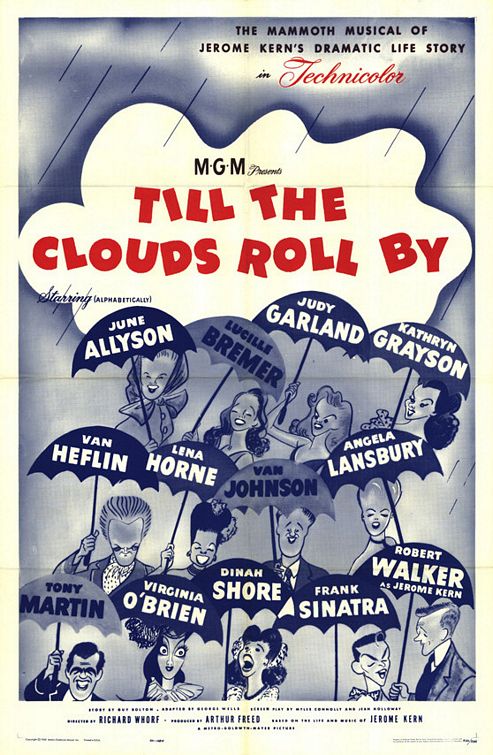
Blogging my way through The Two Towers:
Another theme in these books that strikes me is the vision of what – at the risk of political correctness – I might call “diversity.”
The Fellowship of the Ring is, self-consciously, a diverse group. It includes members of several of the more-or-less human “races” not dominated by Sauron – Men, and Elves, and Hobbits. No doubt this mirrors Tolkien’s experience with classes and Imperial ethnicities (not to mention Allies) during the Great War. The feeling (it must have seemed very strange in those times) of thinking, “Here I am, crouched in a trench with men I might have despised or even fought against in the past. But we’re all at war for a single cause now, and I find much to love and admire in them.”
No doubt it would have occurred to a thoughtful mind that one could conceivably come to feel the same way about the enemy, under different circumstances.
But it wouldn’t only have been the war. The fabled Inklings group was itself (to an extent) a disparate gathering. Not radically disparate, but to Tolkien, as a member of a religious minority, the chasm between Catholic and Protestant was always significant. I don’t recall that any of the Inklings was an atheist or agnostic, but Owen Barfield was a Theosophist (though he eventually became a communicant Anglican).
Which reminds me of the issue of “Jack” Lewis’s Anglicanism, always a sore point with Tolkien. After the famous night in 1931 when he and Hugo Dyson convinced Lewis that mythology might be a kind of inchoate prophecy from Heaven (leading to his Christian conversion), Tolkien hoped Jack would join him in his Roman faith. But Jack remained at bottom a Belfast Protestant, though he learned to appreciate certain beauties in his friend’s church.
And when I read of Gimli and Legolas, tentatively finding common ground in which an Elf might go so far as to visit caverns, in order (perhaps) to discover the beauties a Dwarf sees there, and the Dwarf condescends to travel in a forest with the Elf for the same reason, we may be peering into the heart of Tolkien’s and Lewis’s friendship.




